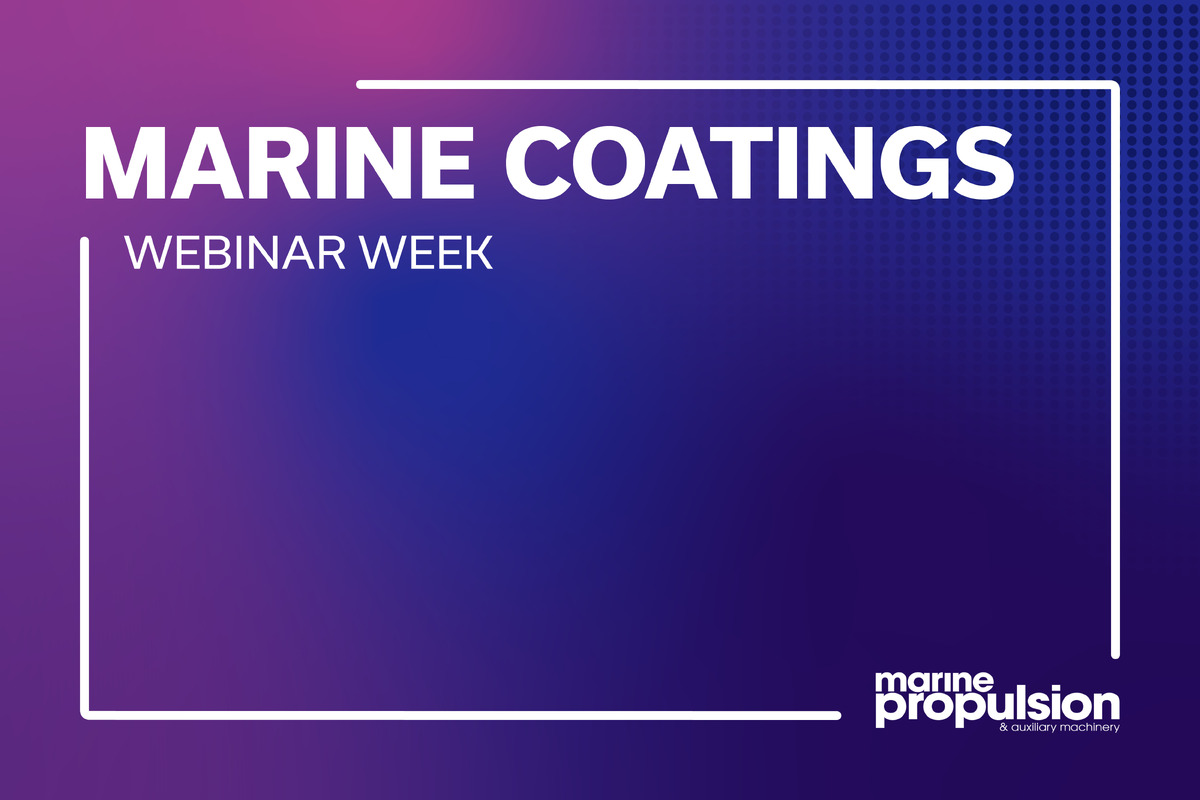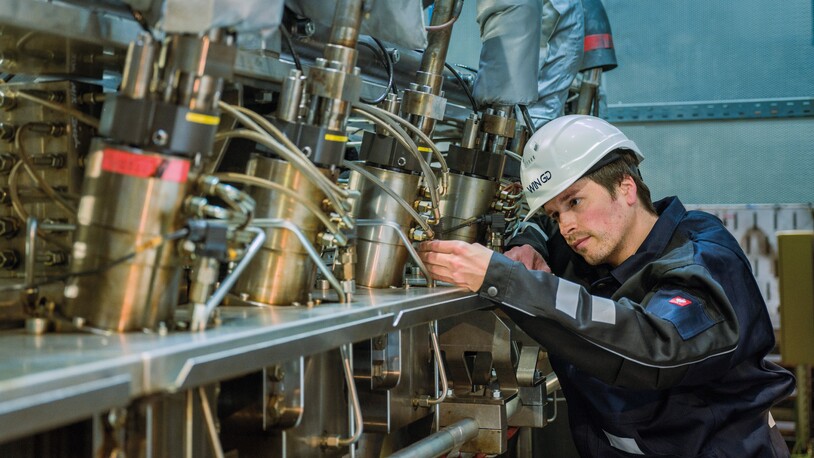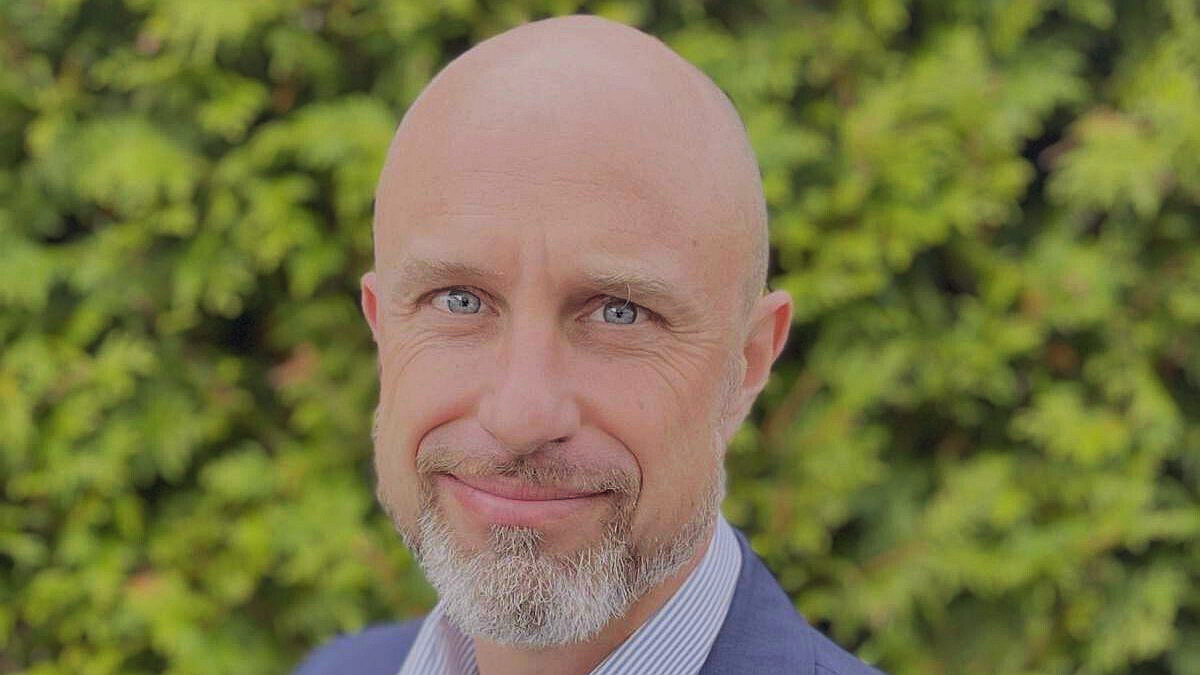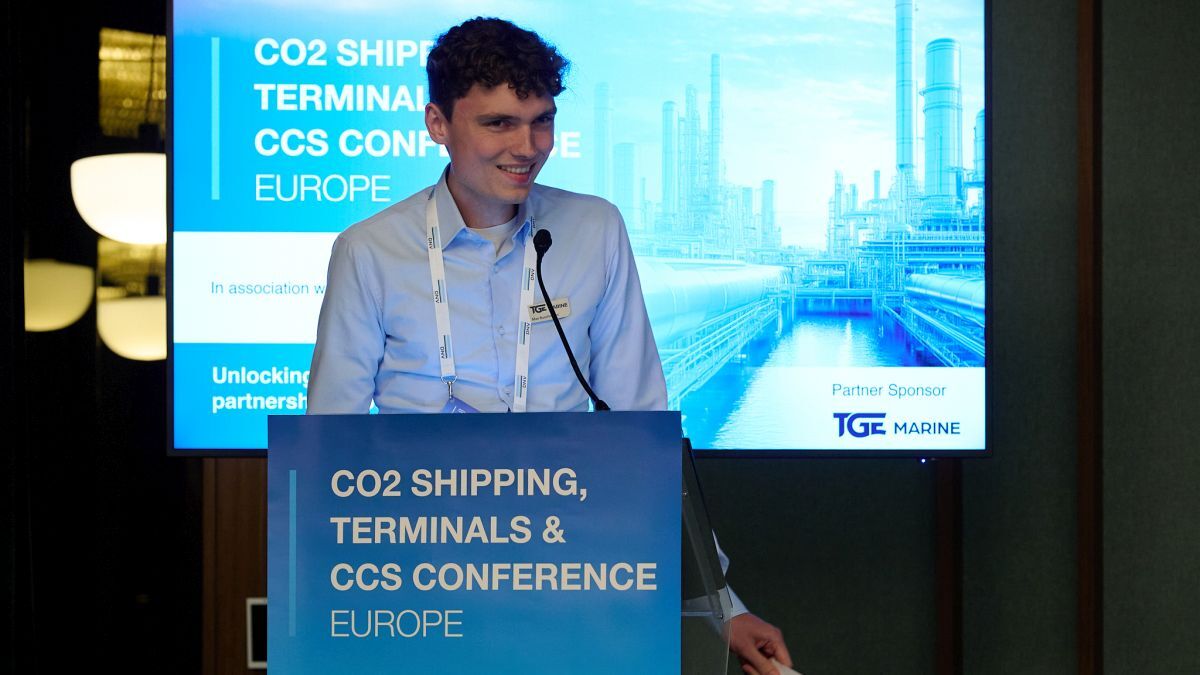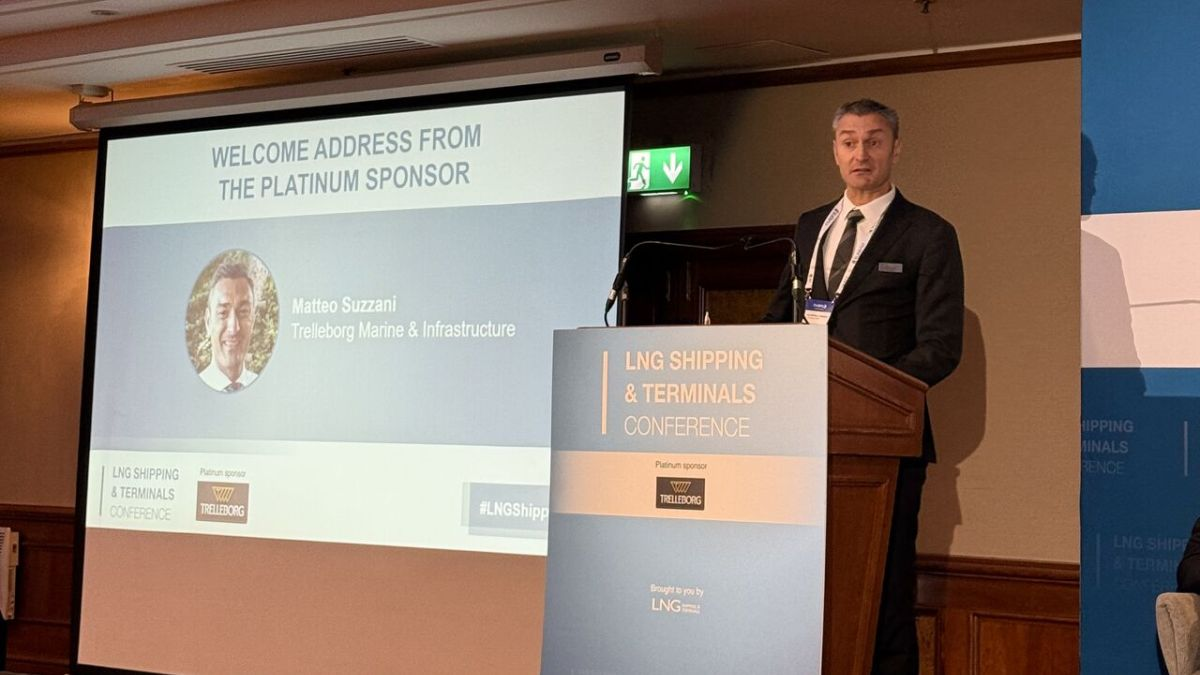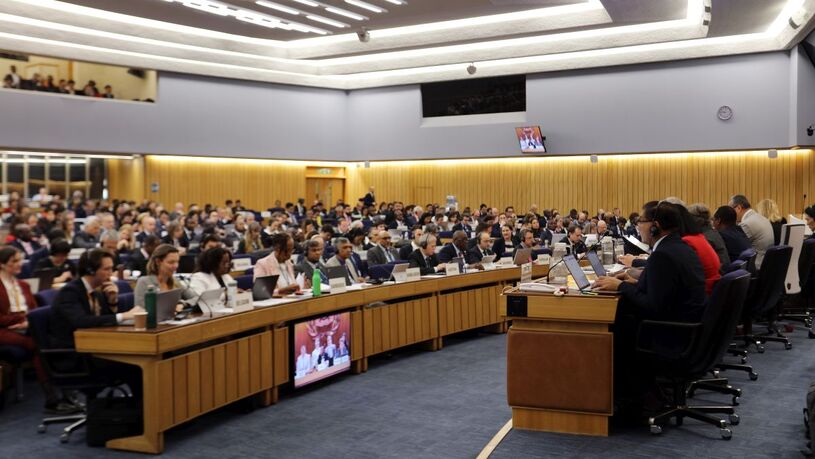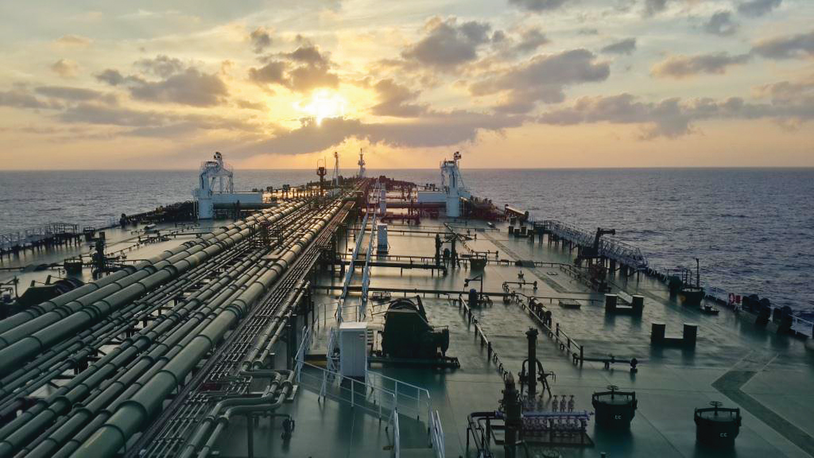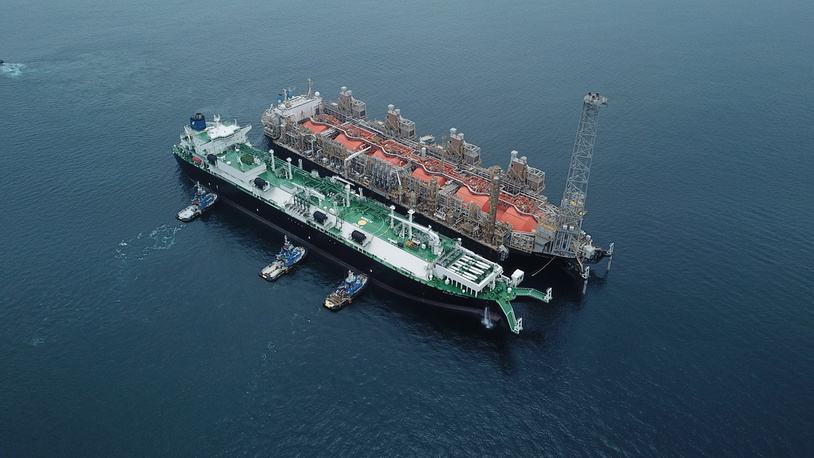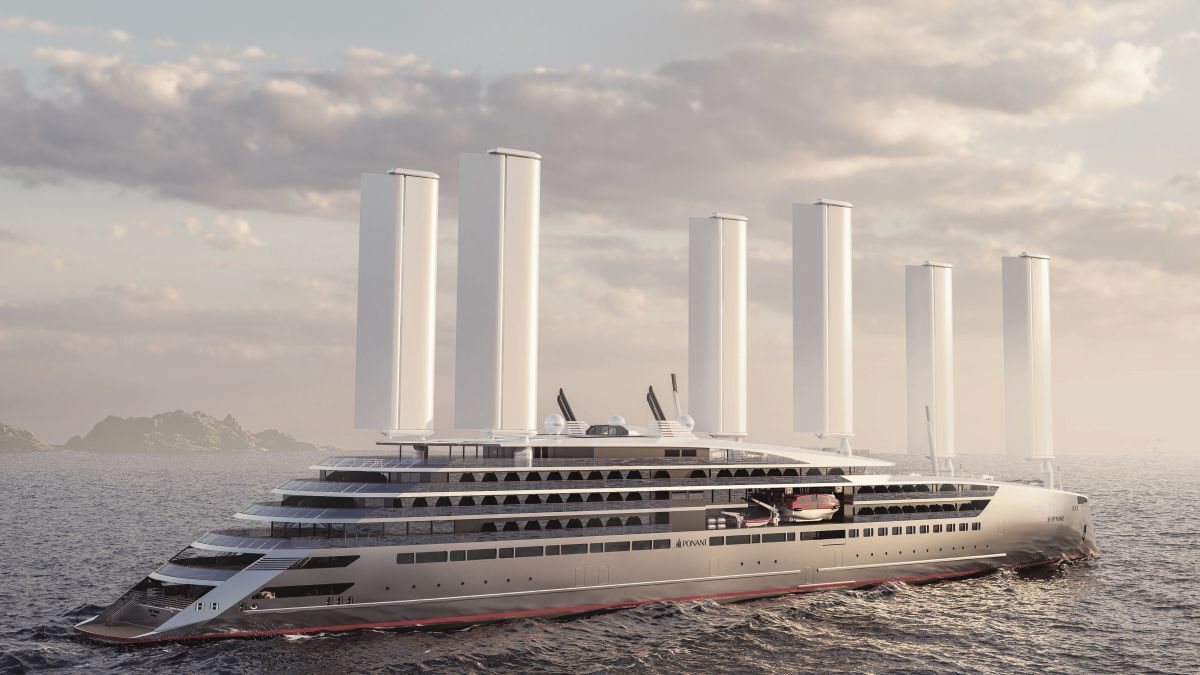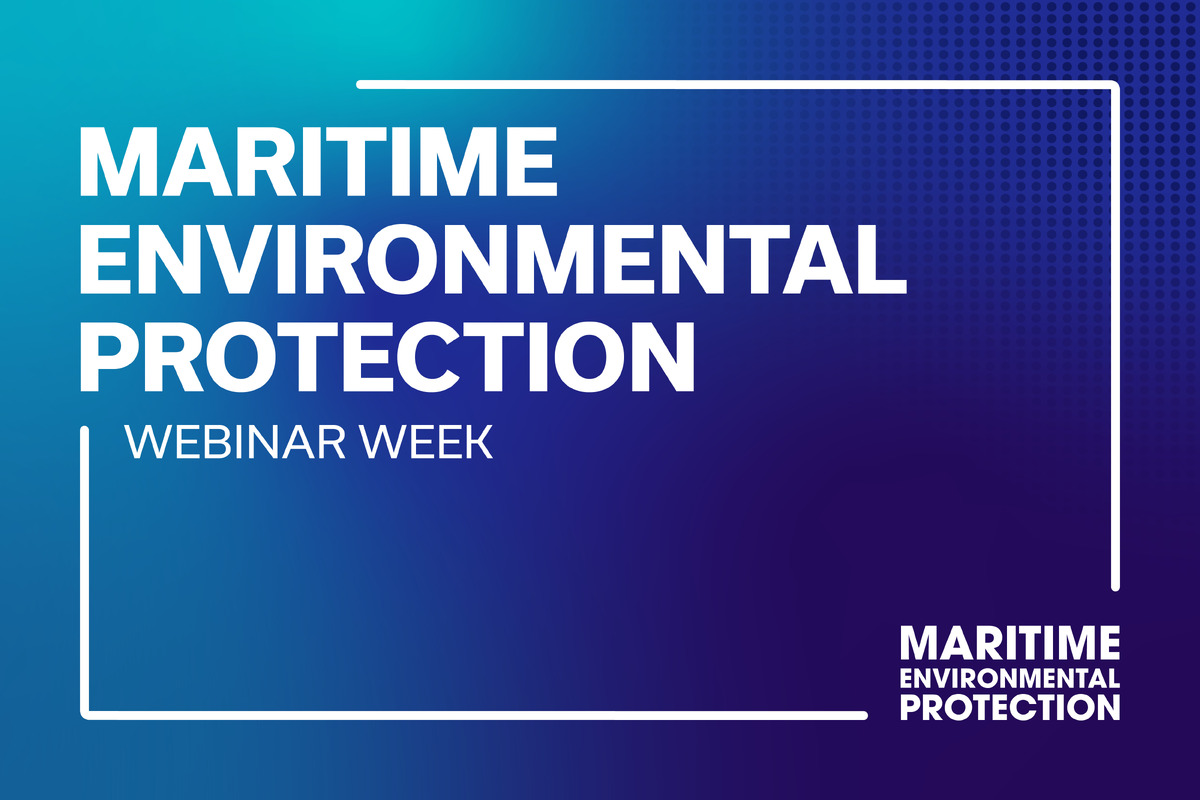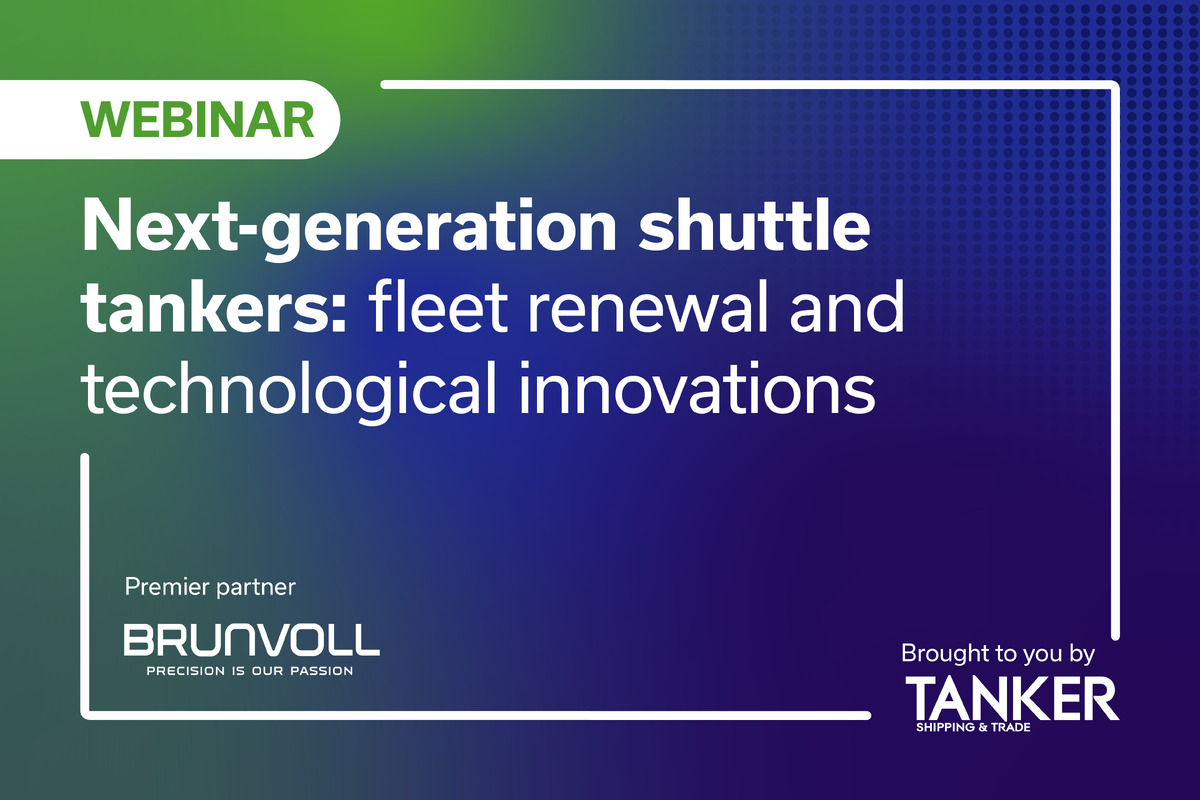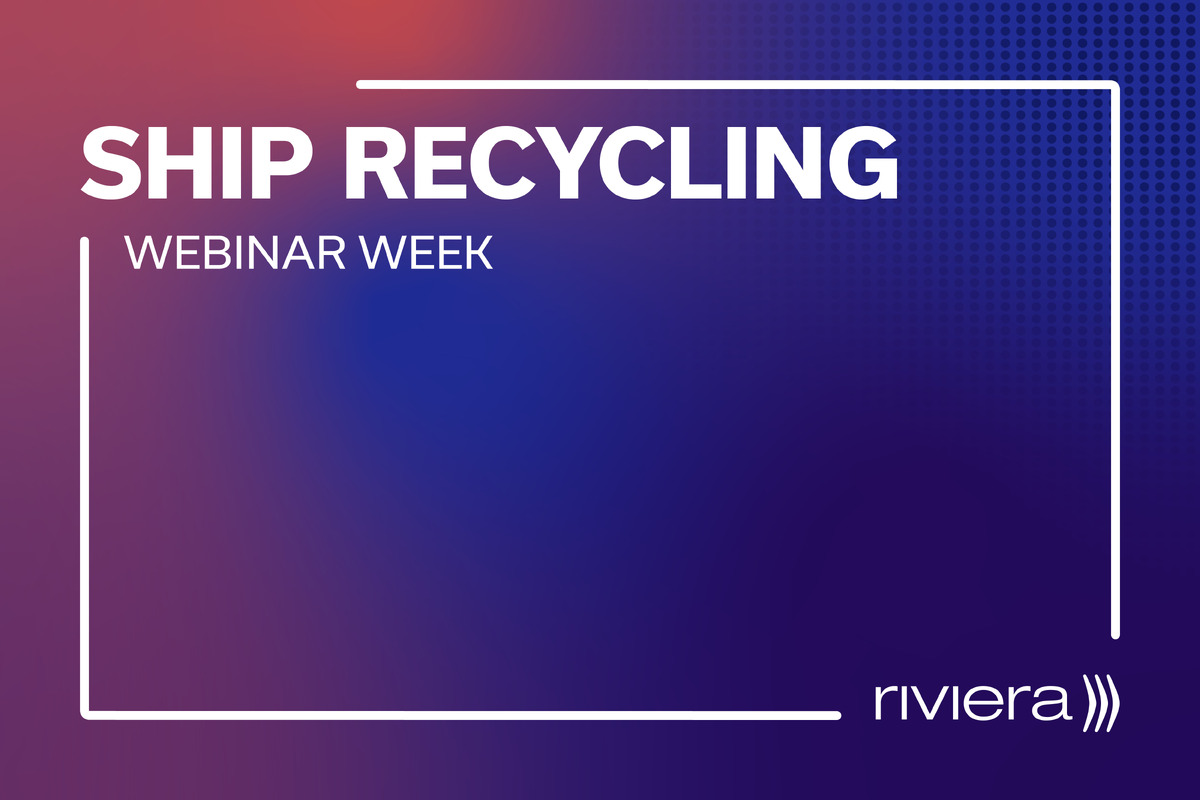Business Sectors
Events
Marine Coatings Webinar Week
Contents
Register to read more articles.
Regulatory convergence, industry innovation dominate ship recycling forum
The Responsible Ship Recycling Forum 2025 concluded with clear industry consensus on the need for regulatory coherence and practical implementation strategies as the Hong Kong Convention approaches its entry into force on 25 June, marking a watershed moment for the maritime sector
Held at the London headquarters of international law firm Norton Rose Fulbright, the day’s intensive sessions saw industry leaders, regulatory experts, financial institutions and recycling specialists examine the complex interplay between competing frameworks while sharing innovative approaches that promise to transform end-of-life vessel management.
The regulatory tension between the Basel and Hong Kong Conventions emerged as the day’s dominant theme. Norton Rose Fulbright partner Michael Jürgen Werner set the tone in his keynote address, characterising the current situation as a "straitjacket" for European shipowners navigating conflicting requirements.
"We need to get on with it – work out what is the problem that Basel has with the Hong Kong Convention and fix it," urged global co-head of shipping at Norton Rose Fulbright Philip Roche during the concluding panel. However, experts acknowledged resolution might not come before the next Basel Conference of Parties in 2027, leaving shipowners in regulatory limbo.
The implementation challenges facing shipowners of all sizes were thoroughly examined, with Best Oasis Limited’s Yiannis Kourkoulis highlighting the particular vulnerability of small fleet owners. "According to our calculations, about one-third of the potential recycling candidates belong to small fleet owners," Mr Kourkoulis noted, identifying a significant segment largely unprepared for regulatory change.
For larger companies, particularly container lines, the inevitable market downturn presents unprecedented recycling challenges. "We are going to have many companies that have never recycled ships before in their lives, and don’t have the expertise to do so. How is that going to affect this industry?" questioned founder of Auld Partners, Robin Das, foreseeing significant disruption to established recycling patterns.
AP Møller-Maersk’s Jesper Fanø advocated for the Lex Specialis principle in international law as the key to resolving regulatory conflicts. "The fact that Basel has 192 signatories to it does not mean the Lex Specialis principle doesn’t apply. It does, meaning the Basel Convention doesn’t regulate ship recycling," Mr Fanø argued, highlighting IMO’s guidance document on the Hong Kong Convention’s precedence.
Financial institutions outlined their evolving approach to ship recycling responsibility. ABN AMRO’s Ann-Christin Stucke detailed how banks are incorporating ESG requirements into loan agreements while grappling with the scope of their influence. "There’s a difficulty when it comes to profit versus ethics," Ms Stucke acknowledged. "We have the responsibility to not harm the environment, but this sometimes comes at the cost of not going for the most profitable deal." The Responsible Ship Recycling Standard, which now includes 13 European banks, exemplifies this collaborative approach to enforcing standards through financial mechanisms, with ongoing discussions about extending clauses to entire fleets rather than just financed vessels.
Beyond regulatory compliance, the forum showcased pioneering business models and technological innovations transforming the recycling landscape. Petrobras’ Paulo Henrique da Silva Furtado presented the company’s groundbreaking direct steel mill partnership for FPSO recycling in Brazil, where mills purchase vessels directly and then contract recycling yards, creating economic alignment throughout the value chain.
"Sustainable ship recycling is a one-way path. I don’t think we’re going to go back," Mr Furtado emphasised, highlighting the Brazilian energy giant’s commitment to monitoring recycling processes rather than simply selling vessels for navigation.
The emerging focus on carbon metrics and material traceability represented a significant evolution beyond basic compliance. Ship Recycling Transparency Initiative’s Giulio Venier outlined how carbon accounting in recycling operations could position the sector as a contributor to decarbonisation efforts. "If we start to produce steel using electric arc furnaces, we could go from about 2.6 tonnes of CO2 equivalent per tonne of crude steel to 0.4 tonnes. The reduction is massive," Mr Venier stated.
This perspective was reinforced by proposals for digital material passports to track components throughout vessels’ lifecycles. University of Strathclyde’s Sefer Anil Gunbeyaz presented research suggesting implementing such systems could increase value extraction by millions of dollars per vessel while supporting circular economy principles.
European Recyclers Industries Confederation’s Antonio Varedo argued ship recycling must be integrated into broader circular economy frameworks rather than be treated as a separate regulatory domain. "There is other legislation in Europe that is not being applied to ship recycling, and we believe it should be," Mr Varedo noted, citing initiatives like the Clean Industrial Deal and Steel and Metal Action Plan.
The ‘shadow fleet’ or ‘dark fleet’ presented particularly complex challenges for responsible recycling. "We have never knowingly and would never knowingly recycle a ship which is on a sanctioned list from the shadow fleet," emphasised global sustainability advisor at Priya Blue Industries, Simon Bennett, while acknowledging the practical difficulties in identifying beneficial ownership.
DEDRA.One’s Detlef Drafz encouraged the industry to fundamentally reframe its approach to recycling. "This sounds to me as if the recycler is the undertaker. For me, the recycler is the midwife. Recycling means the thing gets prepared for a new life," Mr Drafz stated, advocating for greater focus on maximising material value throughout the recycling process.
As delegates concluded the day with networking discussions, the industry’s path forward appeared to balance technical innovation with pressing regulatory challenges. IMO and IMSO’s Muhammad Shafique perhaps best captured the consensus view, "We want to make this planet greener. Nobody wants any filth in our countries. The ways are different. We need to merge on a point where we achieve our objective."
Sign up for Riviera’s series of technical and operational webinars and conferences:
- Register to attend by visiting our events page.
- Watch recordings from all of our webinars in the webinar library.
Related to this Story
Events
Marine Coatings Webinar Week
Maritime Environmental Protection Webinar Week
Ship Recycling Webinar Week
© 2024 Riviera Maritime Media Ltd.
